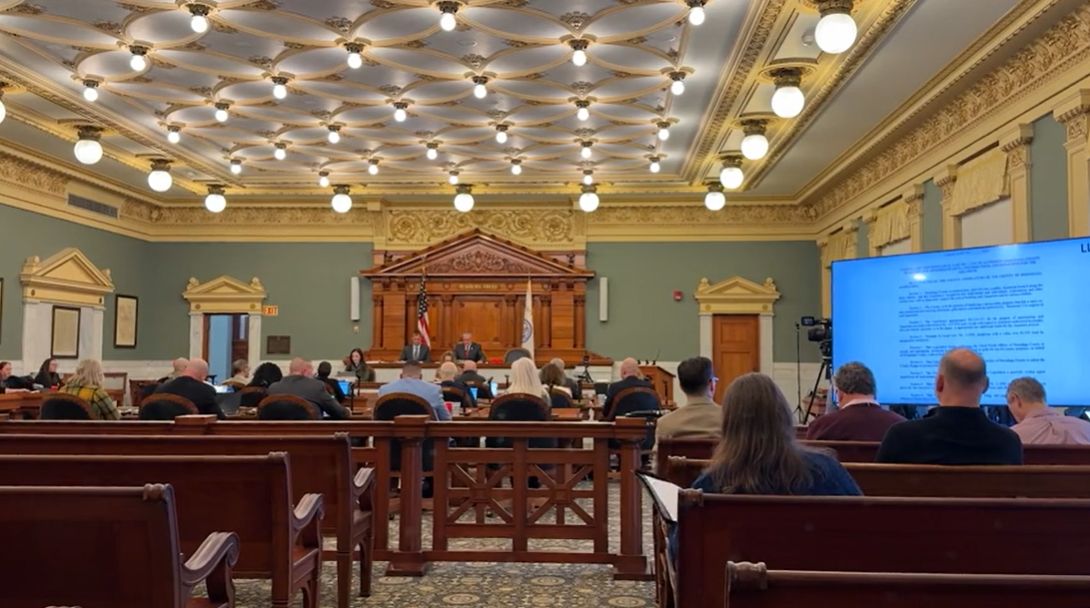Courtney Furtado is a mother of one and expecting another.
Pregnancy and motherhood have presented challenges.
"I had a hard time...just...even putting a name to it and calling it what it was to people," Furtado said.
After the birth of her son, Jionni, she suffered postpartum depression.
"It was crippling, yeah. My husband would be like, 'Yeah, people are coming over,' and I just wanted nothing to do with it. I would just isolate myself, go into my room and shut the door. Like, 'Let me know when they're gone and I'll come back out,'" Furtado said.
"About 20 percent of women — or new parents — are impacted by perinatal mood or anxiety disorder of some sort," said Psychotherapist Stephanie Straub.
According to the Federal Drug Administration, PPD — also classified as a Perinatal Mood and Anxiety Disorder — is a depressive episode that occurs following childbirth, although symptoms can begin during pregnancy.
"Perinatal Mood and Anxiety Disorders is the number one obstetrical complication of pregnancy and it's the most undiagnosed," said Crouse Perinatal Family Support Administrator Christine Kowaleski.
Today's treaments can include a mixture of anti-depressants, counseling, therapy and other tools like support groups. And just last week, the FDA approved a new treatment that studies have shown women seeing a reduction in symptoms, almost immediately. It's a 60-hour IV based treatment, costing about $30,000.
"A, a company is that interested in a population. B, that the FDA does an expidated review of it and passes it through, those are very positive indicators to me that this is just the beginning of women getting treatment and not suffering with this," Kowaleski said.
"There's more to this than just depresion. There's the anxiety, the OCD, there's later onset," Straub said. "There were a lot of things that weren't studied and there's a lot of things that weren't studied that I'd love to see them study and see if it could work with those other populations as well."
Despite the areas of uncertainty, there seems to be a unanimous feeling of excitement that PPD is beginning to be acknowledged and treated as the serious disorder it is.
"Don't want anyone to ever feel the way I did," Furtado said. "I know I can't prevent people from feeling that because I know it's going to happen regardless but if they can feel less alone in that moment and know that they're not the only ones feeling that way and to not feel bad about it and you shouldn't feel bad for asking for help then I feel like I've done something."
For more information about Crouse's Perinatal support head to their website. To learn more about Straub's services you can visit her website.










